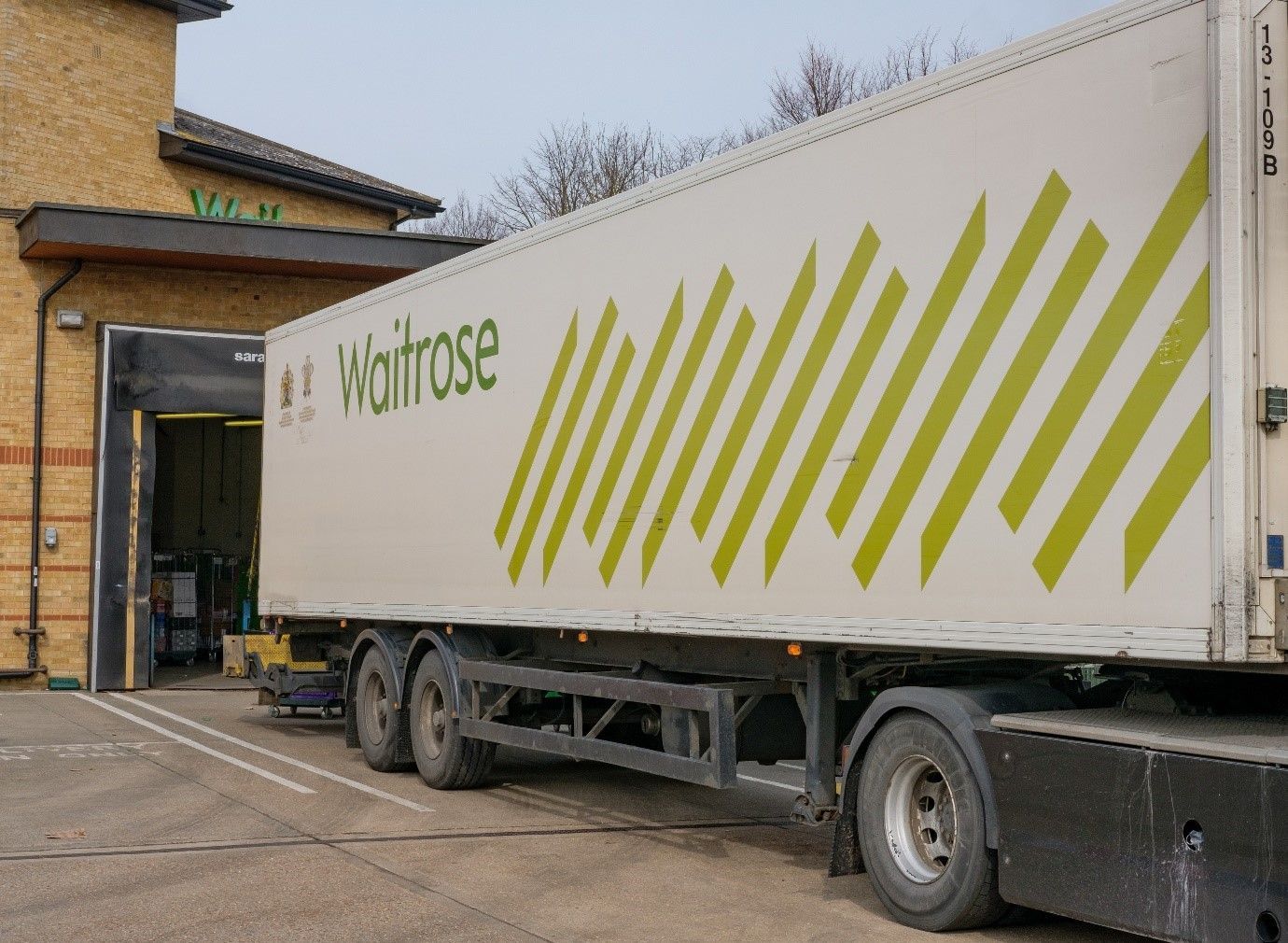
Freight Data - Guide to using freight data
- By Chris Rowland
- •
- 06 Mar, 2023
Why freight transport matters to public policymakers

As local authorities in England gear up to start work on
their new Local Transport Plans, transport planners are likely to be required
by guidance to place greater emphasis on understanding, measuring and
developing measures for freight – particularly as it’s a relatively difficult
sector to decarbonise.
Freight transport can be viewed by transport planners as
having mainly negative impacts, but it’s also a vital component of the wider
economy. Every item the country
manufactures or consumes is at some point transported between producers, ports,
distribution centres, retail outlets and consumers. Road haulage transports 1.3 billion tonnes of
cargo, rail freight 69 million tonnes and over 400 million tonnes of cargo are
handled at ports each year. On average,
cargo is lifted 2-3 times before consumption.
The logistics sector is a major employer and wealth creator, with
206,000 logistics enterprises, 2.6 million employees and £127 billion Gross
Value Added.
While freight transport is undertaken by the private sector on a commercial basis, it depends on access to publicly-funded infrastructure (highways and railways) and facilities that are granted consent by planning authorities (warehouses, ports). Furthermore, while it makes a significant contribution to the economy, freight transport also generates environmental and societal impacts:
- Greenhouse gas emissions – 19.5 million tonnes CO2e from HGVs
- Air quality – NOx emissions from burning diesel contributes to poor air quality
- Road traffic accidents – impacts on lives and the NHS
- Quality of place impacts – noise, visual intrusion, vibration and parking issues related to HGVs
- Congestion – delays to other users and
freight deliveries due to network congestion.
Public bodies therefore have a legitimate need to understand and, where appropriate, may need to mitigate these impacts, while maintaining the economic efficiency of the collection and delivery of goods in their areas.
For this reason, MDS Transmodal has developed the Freight
Data Hub as a way to ensure that detailed and robust data from its Great
Britain Freight Model and other sources are available to all those local
authorities that need to have a good understanding of freight transport,
whether it’s because they need to decarbonise transport while supporting
economic growth or make the best possible investment decisions for the
future. The Freight Data Hub can be
accessed via:
